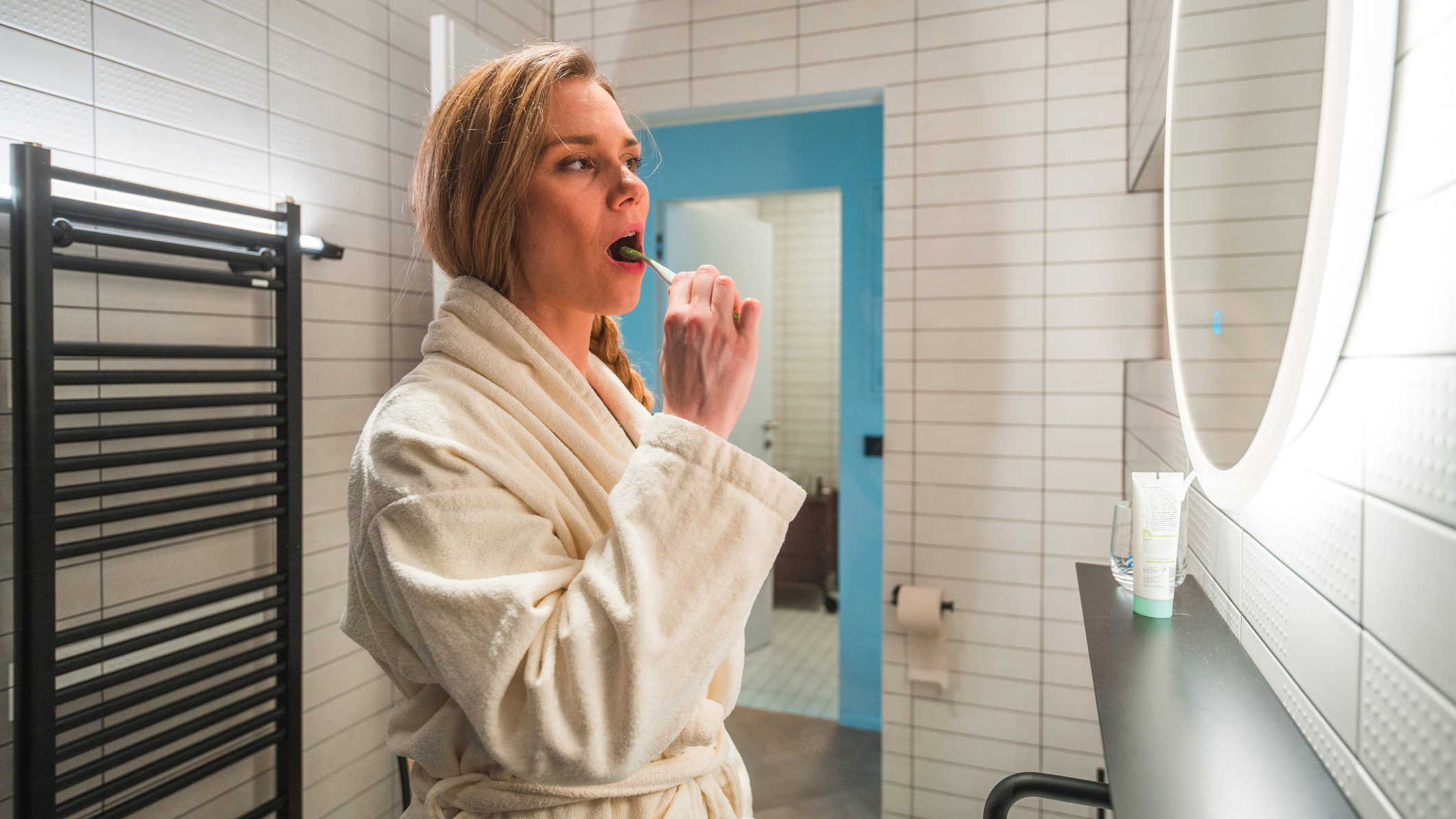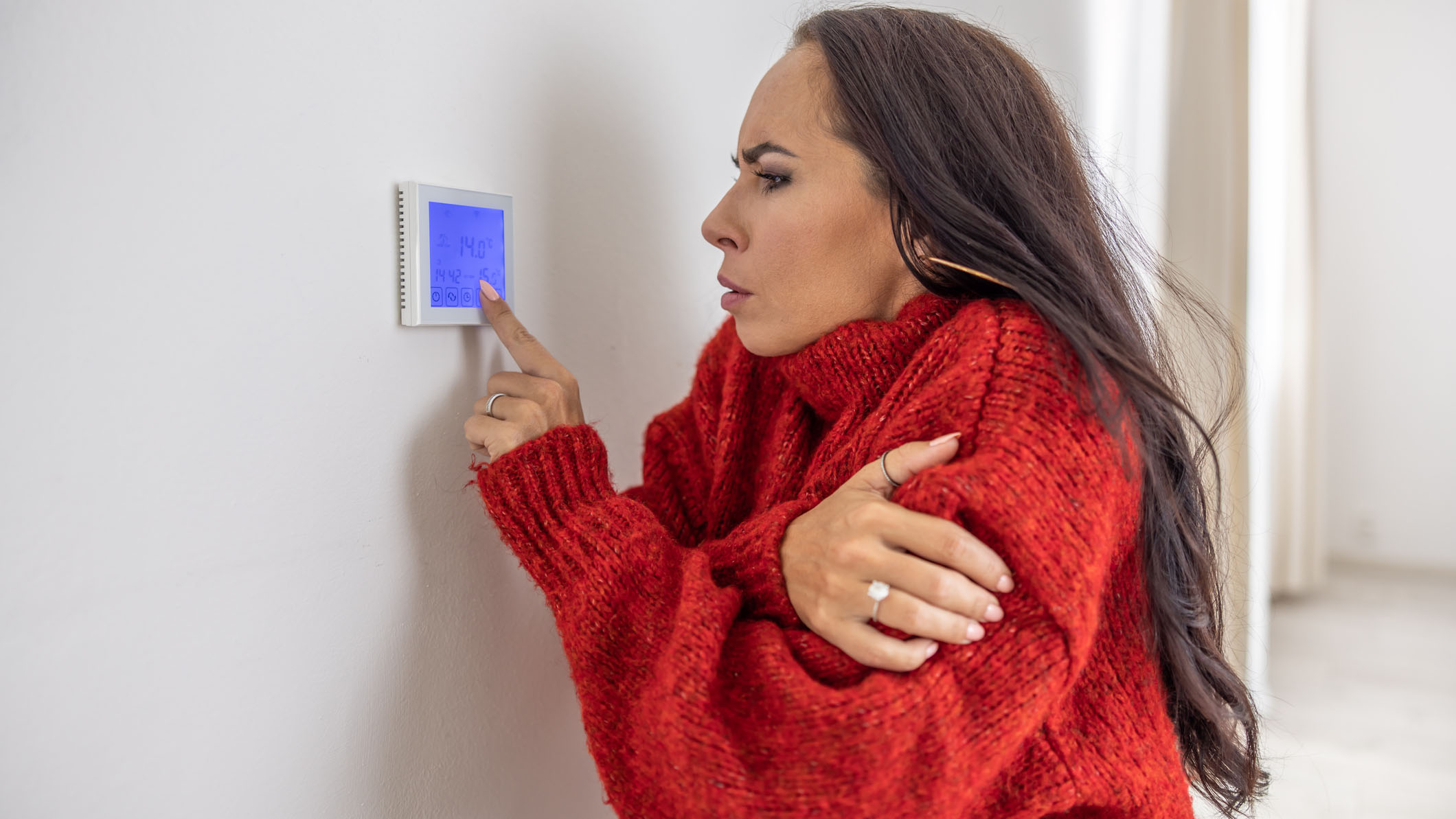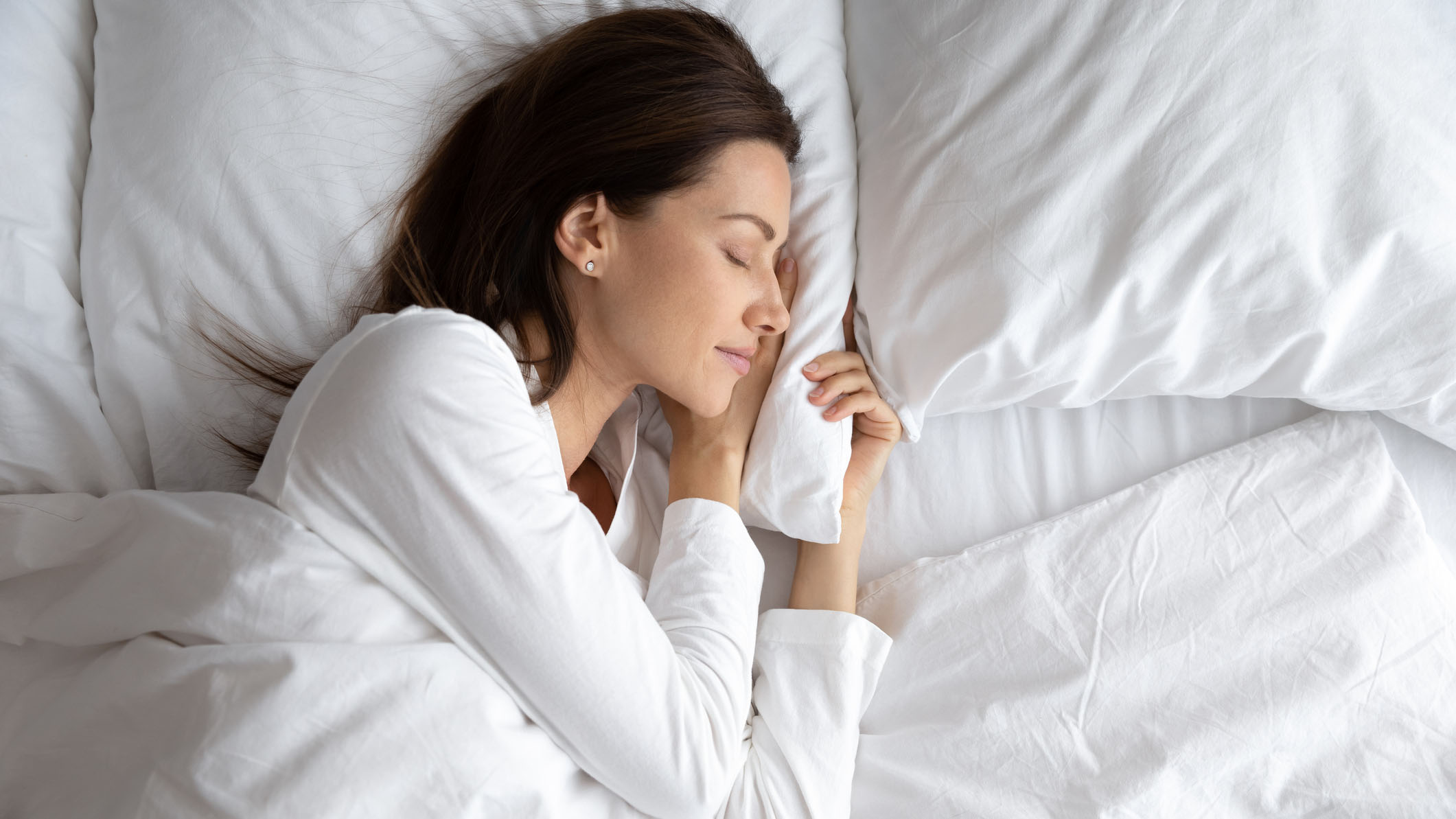Sleep experts say brushing your teeth right before bed is a common nighttime routine mistake — here's why
Having trouble falling asleep easily at night? Your bedtime routine could be to blame

If you want a good night’s sleep, creating a relaxing nighttime routine is a great place to start. But what should you include in your bedtime routine — and more importantly, what shouldn’t you avoid doing?
When it comes to the things you shouldn’t be doing right before going to bed (so within the hour before going to sleep), there are a few obvious ones: don’t drink too much (especially alcohol, energy drinks or caffeine), and don’t eat heavy meals or sugar-laden snacks. However, there are some nighttime routine mistakes that are less obvious — including something that most of us do right before bed.
We recently spoke to both James Wilson, a sleep expert for MattressOnline, and Tom's Guide's Sleep Editor and Certified Sleep Science Coach Claire Davies to break down the three common things most people do right before bedtime that could be having a impact on your ability to fall asleep quickly and easily at night.
3 common nighttime routine mistakes
1. Brushing your teeth right before bed
This is something most of us do as part of our nighttime routine. However, while brushing your teeth — along with washing your face and changing into your pyjamas— is something we should all be doing in the evening, it's best done earlier and not directly before you want to get into bed and fall asleep.
In our guide to falling asleep faster, sleep expert James Wilson explained that nighttime routines should be relaxing and sleep-inducing. Brushing your teeth and washing your face right before you get into bed – especially if you turn on your stark bathroom light – will actually wake you up, so it will take you longer to fall asleep once you're in bed.
"Before you start relaxing for the evening, make sure you have done everything you usually do before bed, like getting into your PJs and brushing your teeth,” Wilson explains. “That way, you can jump straight into bed when you feel sleepy, rather than doing anything that may wake you up."

2. Increasing the room temperature
Your bedroom’s temperature is crucial when it comes to creating the perfect sleep environment, as feeling too hot or cold can make it harder for you to fall asleep. This is especially true if your bedroom is too warm and you’re suffering from a condition like night sweats.
Sign up to get the BEST of Tom's Guide direct to your inbox.
Get instant access to breaking news, the hottest reviews, great deals and helpful tips.
Sleep science coach Claire Davies advises us that, if you’re going to adjust the thermostat, do it earlier in the evening. “It’s tempting to turn the heating up high when the temperature in your home drops at night,” Davies explains. “But doing so too close to bedtime will make your bedroom too warm for sleeping. So you'll have a harder time falling asleep and you may wake up more.
“Similarly, turning the heating down just before you go to bed won’t give your bedroom enough time to cool down," she adds. "Ideally, set your smart thermostat between 65-68 degrees Fahrenheit (the best temperature for sleeping) one hour before you want to go to sleep. If you overheat during sleep, keep it on the cooler side of that range."
3. Checking your phone 'one last time'
It’s the end of the day, and you’re just about to turn in when you decide to check your phone one more time just in case you’ve missed something. A message appears, and you reply. Then, you wait for their reply, and then you message back. And repeat.
Phone use in bed can not only be a distraction, but combined with the added disruptive effect of your phone screen’s blue light, it can also have a negative impact on your sleep when you finally turn in.
Avoid blue light exposure by turning your phone to Night Mode in the hour before you want to sleep
Claire Davies, Sleep Editor
“Checking your phone ‘one last time’ once you’re actually in bed is a common nighttime routine mistake,” warns Davies. “A review published in 2018 stated that phone use within one to two hours of going to bed impacts sleep quality and our ability to fall asleep within a reasonable time, so imagine the effects of doom scrolling or replying to DMs when you’re actually in bed and expecting to sleep soon.”
But is there a way you can check your phone during busy periods without it having a huge effect on your sleep patterns? “Yes, you can avoid blue light exposure by turning your phone to Night Mode in the hour before you want to sleep. Ultimately, the best approach is to put your phone away an hour before bed.”

How to create a nighttime routine for sleep
There are lots of ways to create the perfect bedtime routine. While it's important to have a sleep-friendly environment (clean, cool and quiet), what you do during the 30-60 minutes before sleep matters most. Here's what you can do before you go to bed to boost your chances of falling asleep easily and quickl:
- Swap your screen for a book: According to Harvard Medical School, blue light (the light from our screens which carries blue wavelengths) can disrupt our circadian rhythm (biological clock) and negatively impact our sleep quality. Try reading a relaxing book instead or, if you find it difficult to turn off distracting thoughts when lying in bed, grab a notepad or journal and start writing down any thoughts or responsibilities that you can unpack the following day.
- Make your bedroom a sleep sanctuary: Dim the lights, spritz some calming lavender pillow mist, and make sure your room is decluttered. To make your sleep space extra comforting, make sure you're sleeping on the best mattress for your body type to ensure healthy spinal alignment. We also recommend choosing a good pillow.
- Listen to a free guided sleep meditation: Relaxation is key to falling asleep fast, so try a guided sleep meditation. Simply listen to what a soothing voice instructs you to do, and you should feel sleepy in no time.
- Try a sleep breathing exercise: There are lots of breathing techniques that work, but we swear by the simple yet effective 4-7-8 breathing method to ease anxious thoughts and help you unwind.
- Stretch it out with sleep yoga: Rigorous exercise before bed can quickly energize you (the opposite of what you want), so experiment with bedtime yoga instead.
- Soak in a warm bath: Studies have found that a warm bath can help you relax and sleep better, with a study by The University of Texas finding that the optimum temperature of a pre-bedtime bath for sleep was 104 to 109° F (40 to 43° C).
Today's best deals on top mattresses for comfy sleep

Frances Daniels is a PPA-accredited journalist and Sleep Staff Writer at Tom's Guide with an MA in Magazine Journalism from Cardiff University. Her role includes covering mattress and sleep news and writing sleep product reviews and buyer's guides, including our Best Hybrid Mattress 2025 guide. She is hugely interested in the relationship between good sleep and overall health, interviewing a wide array of mattress and sleep experts to create well-informed articles about important topics such as nutrition, sleep disorders (from sleep apnea to night terrors), lucid dreaming, sleep hygiene, and mattress care. She is also our specialist on mattress toppers — producing mattress topper reviews and taking care of our Best Mattress Toppers 2025 guide — and takes the lead on all content related to fiberglass-free mattresses for a clean, non-toxic sleep. Outside of Tom's Guide, she has written for Ideal Home, Homes & Gardens, and Marie Claire.
